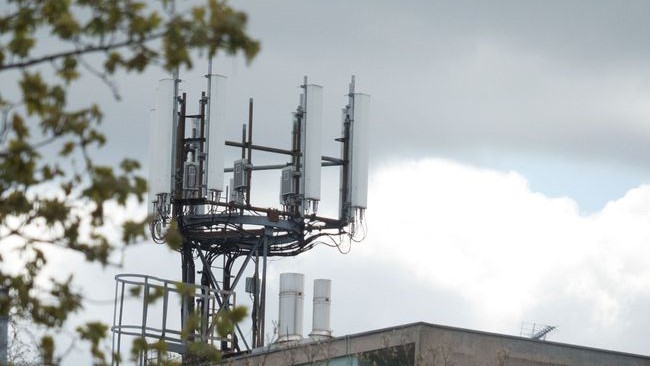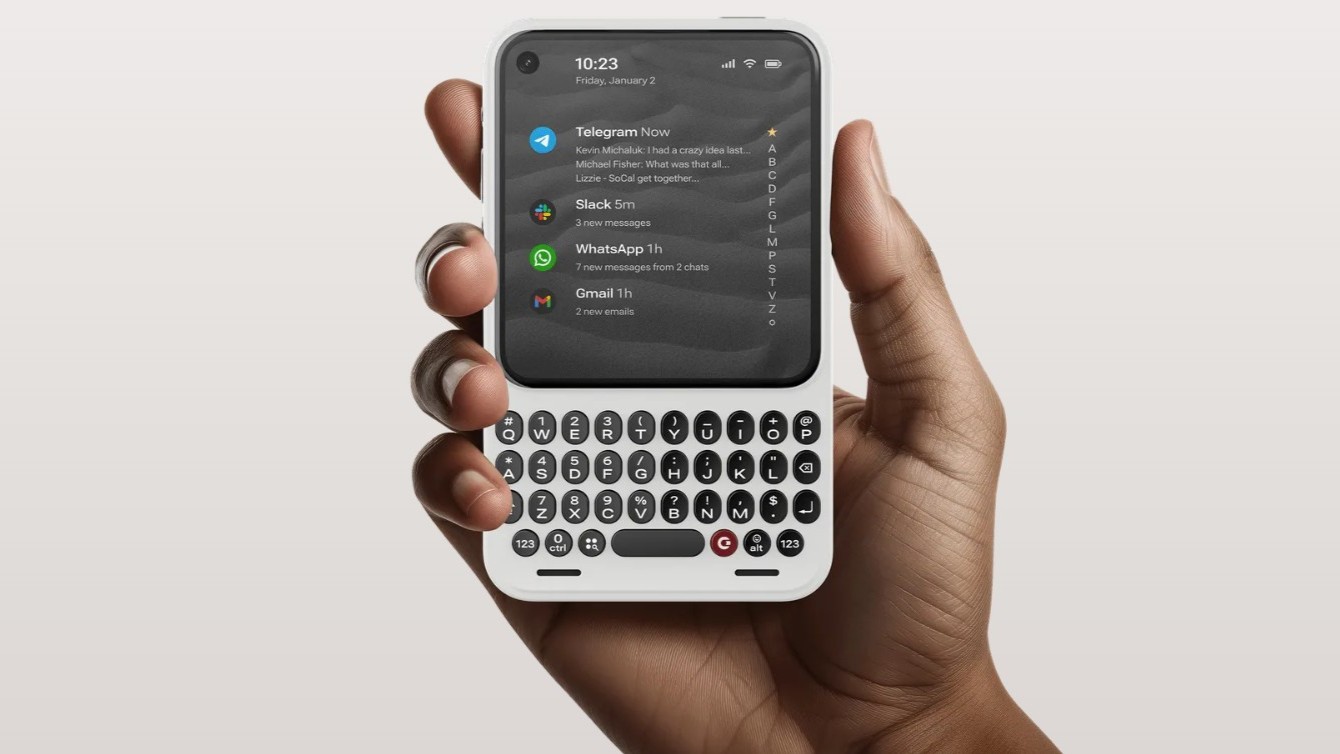America's rural broadband landscape will never be good enough
It's a people-density issue.

I'm sitting here at a McDonald's trying to work on a Friday afternoon because I have a bit of a catastrophe on my hands. A bad water leak inside my home means I have to replace some of my electrical wiring and almost all of my cable internet equipment as well as the water heater. Since I'm using a well, there was no usage spike on the meter to warn me I had a problem so it's hard to tell how long this has gone on, but it made one hell of a mess. What a way to start a week.
I spent the time installing one coaxial cable to a dry spot so I could reconnect my internet service. I work from home and it's vital I have it because working at McDonald's is ... well ... terrible. I appreciate them allowing me to come in and spend the afternoon and they even gave me a free coffee. You'll find some good people in the country; what you won't find is adequate high-speed internet.

One of the web's longest-running tech columns, Android & Chill is your Saturday discussion of Android, Google, and all things tech.
I have the "choice" of one internet provider. Ignore what you hear about competition laws and rules because they have never mattered here. My internet provider needs to replace some of their equipment (just a glorified coaxial connector) attached to my home. They will be able to do it on Wednesday. Until then, I'm left on my own. It's not the provider's fault that water damaged everything. I also understand they can't send a technician out into the woods to service one person if they're busy. My understanding doesn't help my situation.
Where all this becomes a problem is cellular coverage. Remember all the promises of nationwide wireless broadband and how it was coming thanks to the miracle of 5G? It was a lie. I do have cell service at my house but it's not nearly fast enough to be useful for anyone who works from home. As for the "choice" of wireless providers? Mine is T-Mobile or one of several MVNOs that use T-Mobile's infrastructure. I even drove into town and grabbed a Home Internet kit because someone thought it might be fast enough, but it's not.
I choose to live here because I like it here. But it's high time everyone realizes that rural communities have been told promise after promise of how they would be brought into the 21st century with adequate information access and it never happens. Forget all the commercials and testimonials companies like to show you because all you really need to do is ask someone who lives it.

The worst thing is that there is no real solution to the problem outside of government-controlled broadband access. There aren't enough people here to justify new equipment or more cellular installations and corporations aren't going to lose money so I have better internet and more choice. I get that.
If you don't live in the U.S. or Canada you might not understand the situation: most of the people live in a small area in and around metropolitan areas. That means there are vast areas of space without enough people for companies to worry about. My provider (I'm not naming them because it's not their fault in the end) really doesn't care if it loses me or one of the few hundred others who live in my small community. They care about the apartments and city blocks filled with people who will happily pay their monthly fees to have service. That's who they should care about because they have no incentive to care otherwise. This is a problem that probably will never be fixed.
Get the latest news from Android Central, your trusted companion in the world of Android
I'm not a Capitalist, Communist, Democrat, or a Republican. I care about what's best for my family. I don't want to see more government involvement when it comes to basic utilities and I have a good idea of what a federal broadband provider would end up turning into. There is room for government oversight in many areas — including broadband access — but restricted, censored, state-sponsored internet isn't the answer. There really is no answer other than me paying someone to cut down a bunch of trees and put a satellite dish on my roof. I checked into that, too. End of July if I want it.

It's starting to feel like I need to make a choice. I can stay here where the air is clean, the neighbors are friendly enough to leave each other alone, and the fishing is to die for. Or I can pack up and leave, heading somewhere where my technology-focused career is better nurtured. I wish I could say to hell with it all and go back to wiring houses like I did when I was 20. Life was a lot easier and the money was good enough to pay my way through school. That can't happen because construction sites are notoriously wheelchair-unfriendly. I'm not sure what to do at this point; spending the day sitting in my chair at a sticky McDonald's table isn't my first choice though.
You can't do anything to help even if you want to help. I don't mean me and my situation, which will work itself out by the end of next week. But about the problem as a whole. But you do need to be aware of it and be a little skeptical the next time some agency or a company tells you how they're serving millions more people across rural America. The real problems are where there aren't millions of people in the first place, but there are enough people that need someone to give a damn.

Jerry is an amateur woodworker and struggling shade tree mechanic. There's nothing he can't take apart, but many things he can't reassemble. You'll find him writing and speaking his loud opinion on Android Central and occasionally on Threads.
You must confirm your public display name before commenting
Please logout and then login again, you will then be prompted to enter your display name.
